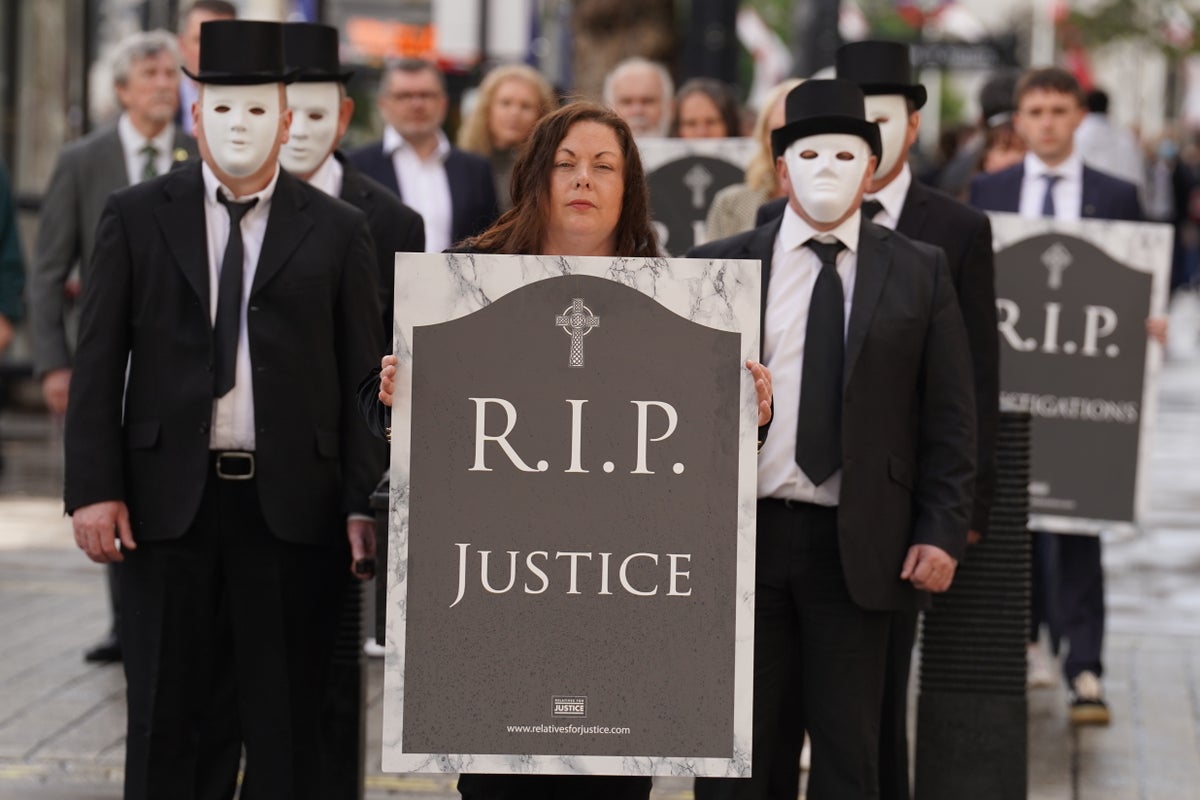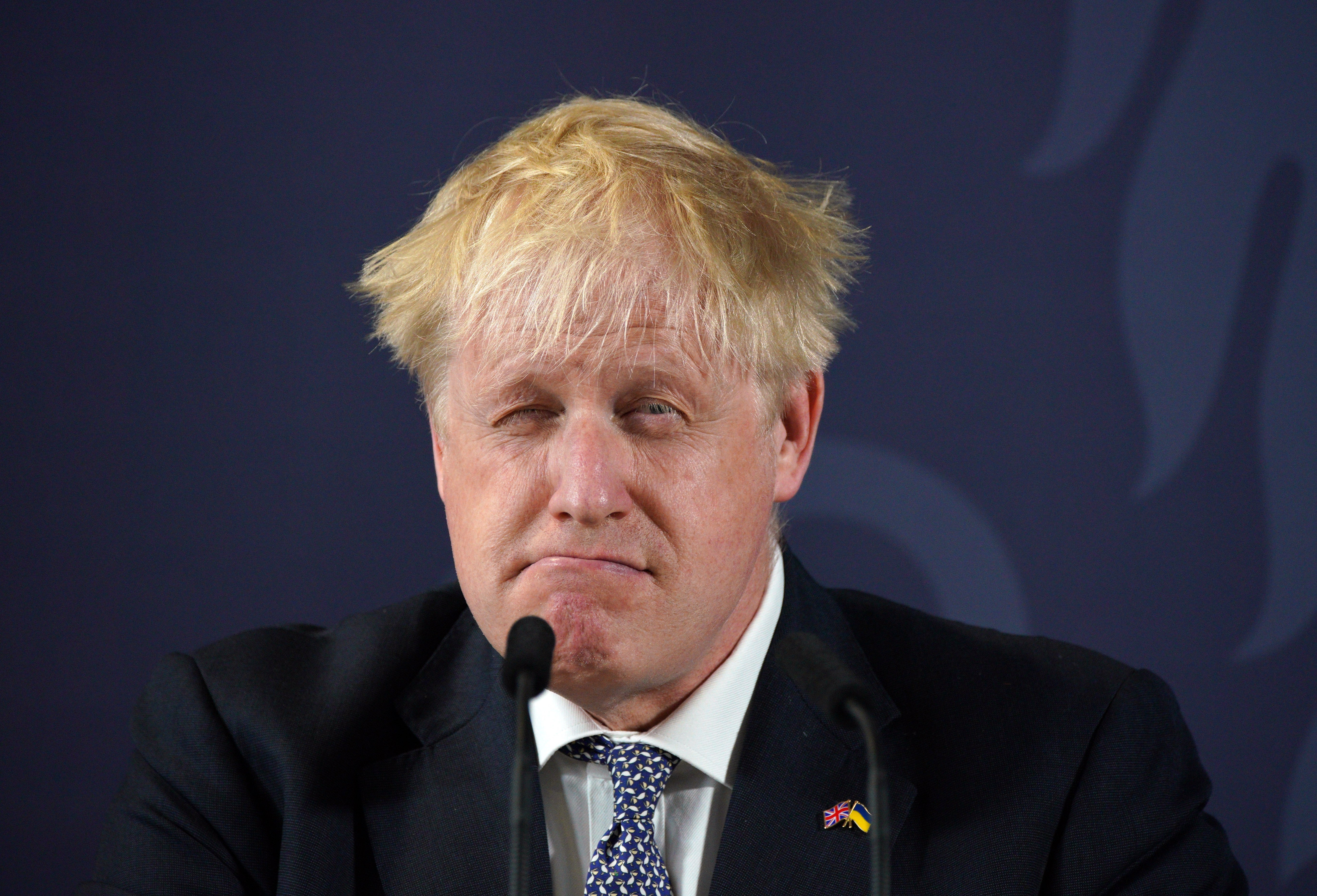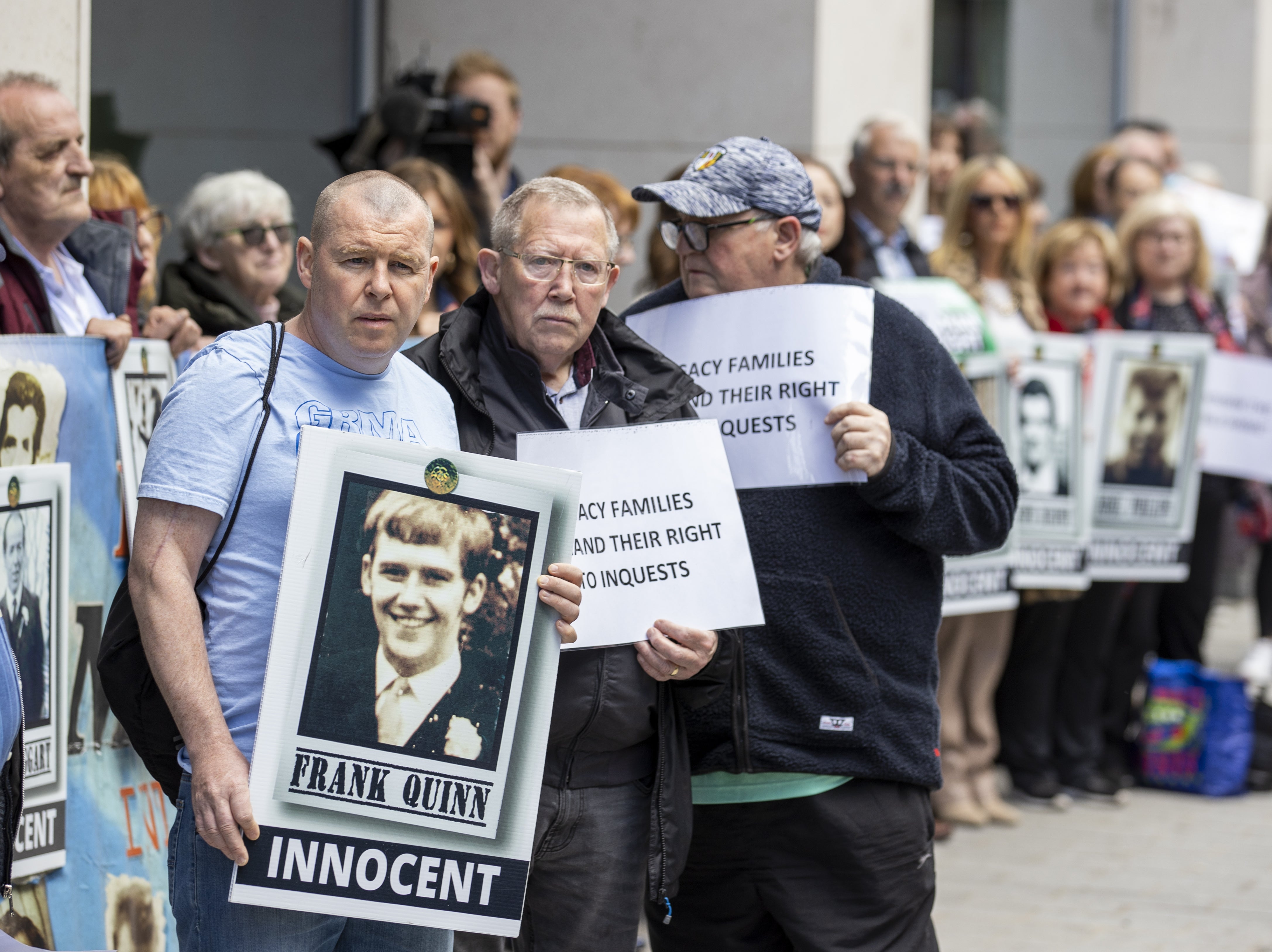
The UK Government has been asked to provide further information about legislation to address the legacy of the Troubles in Northern Ireland amid concerns about whether it is compliant with the European Convention on Human Rights.
The Committee of Ministers of the Council of Europe has requested UK authorities provide an update on progress of the Northern Ireland Troubles (Legacy and Reconciliation) Bill, including the level of engagement and efforts to bring stakeholders on board.
The Government has said the planned legislation aims to provide better outcomes for victims, survivors and veterans.
Introduced to the Commons last month, the legislation if passed would offer immunity from prosecution for Troubles offences to people who are deemed to have co-operated with an information retrieval body.
The Bill would also stop future inquests and civil actions related to the Troubles, although it does not fully close the door to criminal prosecutions.

It has been widely condemned by political parties in Northern Ireland, as well as victims’ campaigners, the Irish Government and Amnesty International.
The Committee of Ministers examined the proposed legislation as part of its supervision of recent judgments from the European Court of Human Rights.
In a written decision the deputies “emphasised again that it is crucial that the legislation ultimately adopted is in full compliance with the European Convention and will enable effective investigations into all outstanding cases”.

The deputies also “noted with regret the lack of formal public consultation on this draft legislation and firmly reiterated their previous calls on the authorities to ensure that any proposals garner public trust and confidence by engaging fully with all stakeholders”.
The decision continued: “The deputies noted that others have raised concerns and questions about whether the provisions of the Northern Ireland Troubles (Legacy and Reconciliation) Bill, if enacted, would be compatible with the Convention; noting also the United Kingdom’s position that the legislation is compatible with its Convention obligations.”
It said that additional information was required to make a full assessment on whether the draft legislation is compliant with the European Convention on Human Rights and instructed the Secretariat to prepare a list of detailed questions to be sent to the United Kingdom authorities for response by August 1.







